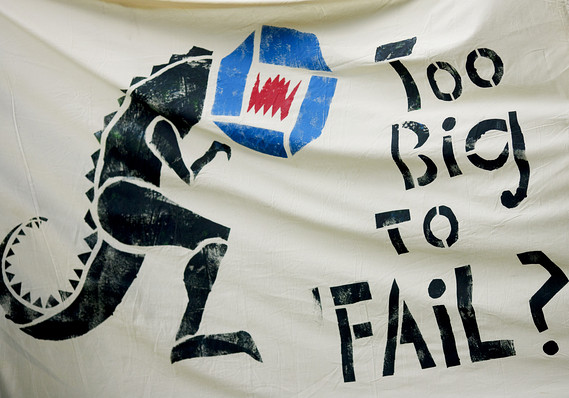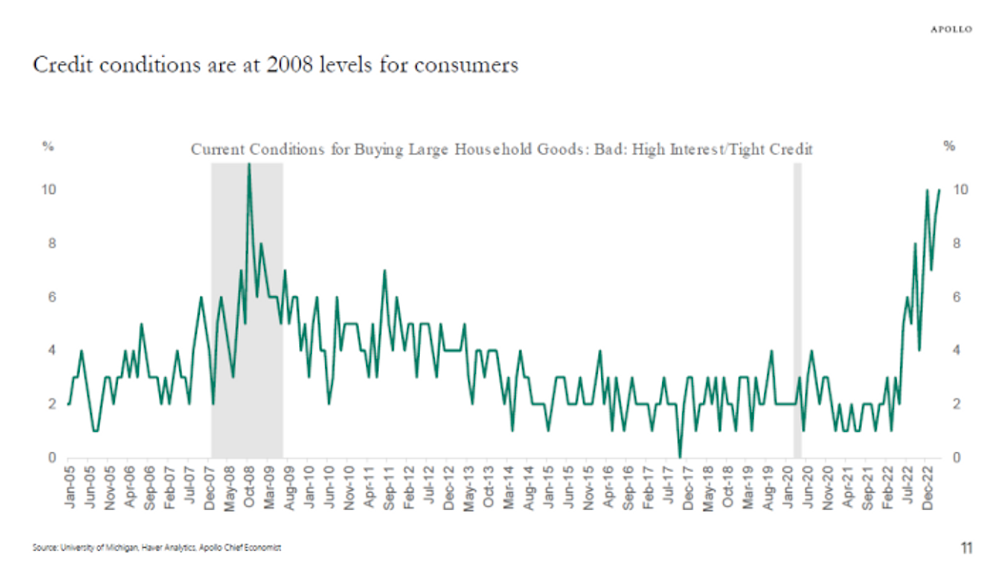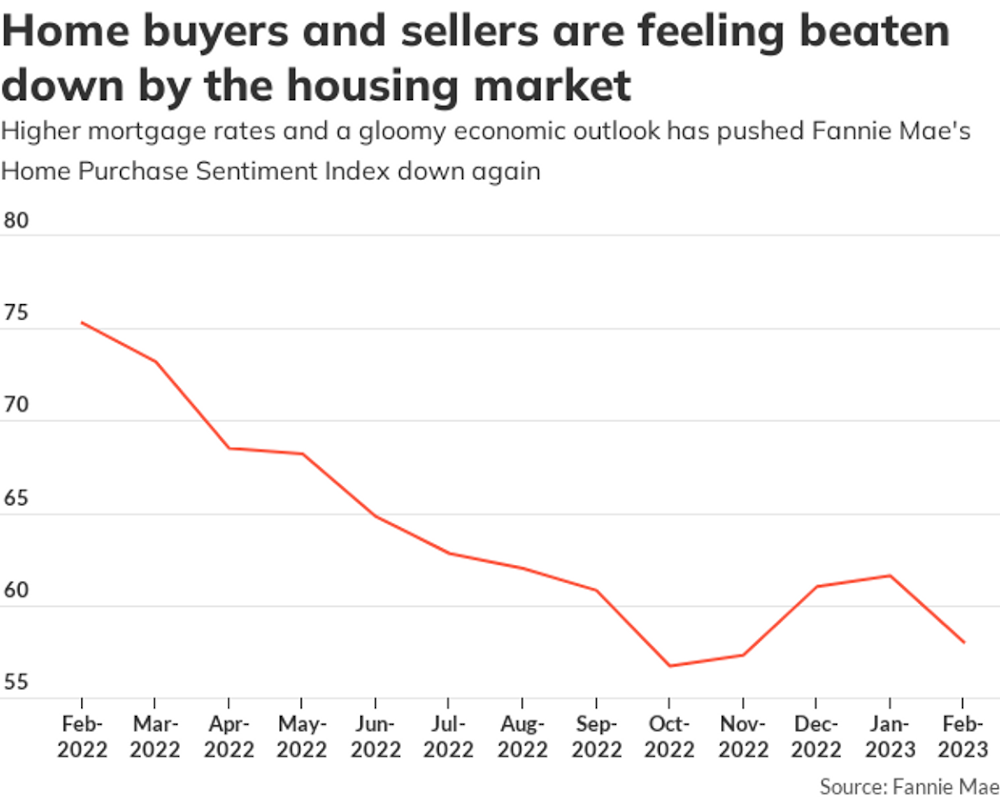MADRID (MarketWatch)
Standard & Poor's Ratings Services on Monday said that June 24 proposals from the Federation Bancaire Francaise (FBF) aimed at easing repayment terms on Greek debt could constitute a default.
"In brief, it is our view that each of the two financing options described in the FBF proposal would likely amount to a default under our criteria," S&P said in a statement.
Each option falls into the S&P's category of "similar restructuring," it said.
"This is because we believe --based on recent public statements of eurozone policymakers --that the aim of the financing options is to reduce the risk of a near-term debt payment default or debt restructuring with haircuts and give the Greek government more time to undertake fiscal consolidation and policy reforms," it said.
S&P said any such transaction would result in investors getting less value than the original securities. S&P kept its rating on Greece at CCC, which it dropped from B on June 13.
Welcome
stock market phases theorem.
Chief Artificial Intelligence.
Academic training in Fundamental Mathematics.
IA basada en Razonamiento Humano
Billie, Founder with academic training in Fundamental Mathematics and professional experience in Large Multinationals in the Information Technology sector, having held positions in high-level management positions, maintains that it is time to reduce Unproductive Public Expenditure and help the Private Sector in everything that is possible.
Cortesía de Investing.com
Cortesía de Investing.com
Agenda Macro
Calendario económico en tiempo real proporcionado por Investing.com España.




















4 comentarios:
La agencia Standard & Poor"s (S&P) anunció hoy que ha rebajado la calificación de riesgo de la refinanciación a largo plazo de la deuda griega, de "B" a "CCC", con lo que retrocede tres escalones en la medición del riesgo. En un comunicado divulgado hoy, la agencia señala que esta caída refleja el aumento del riesgo que supone una mejora del paquete de financiación para atender las necesidades del Gobierno griego para el periodo 2011-2014, pues necesitará una reestructuración de la deuda del sector privado.
NUEVA YORK, 4 (EUROPA PRESS)
La agencia de calificación Standard & Poor"s Ratings Services ha advertido de que el nuevo plan de asistencia financiera al país heleno auspiciado por Francia representaría un "impago selectivo" de las obligaciones de deuda del país heleno y recuerda que la rebaja de la nota de solvencia de Grecia hasta "CCC" desde "B" ya valoraba el riesgo creciente de que se exija al sector privado una reestructuración que, bajo los criterios de la agencia, constituya una "suspensión de pagos efectiva".
S&P ha tenido en cuenta las distintas propuestas sobre esta cuestión surgidas en las última semanas y, especialmente, la diseñada por la Federación de Banca de Francia (FBF), que, en cualquiera de los dos casos contemplados por este plan, "probablemente desembocaría en un "default" bajo los criterios de la agecia".
Así, la calificadora de riesgos considera que la propuesta francesa conntempla que las entidades galas elijan entre una de las dos opciones previstas para sus títulos de deuda griega con vencimiento entre julio de 2011 y junio de 2014.
"Según los últimos comentarios públicos de los legisladores europeos y ejecutivos de los bancos, pensamos que las opciones propuestas por la FBF respecto a la refinanciación de la deuda griega a vencimiento se hicieron a costa de los acreedores", apunta S&P.
De este modo, la calificadora de riesgos señala que la dependencia a corto plazo de Grecia respecto a la fiannciación de la UE y el FMI, las dificultades del Gobierno heleno para reducir el déficit y los precios actuales de la deuda griega en los mercados secundarios subrayan la débil solvencia de Grecia y, consecuentemente, apuntan a una "posibilidad realista" de que cualquier opción financiera encajaría en la categoría de "activos en dificultades".
"En el caso de aplicar cualquiera de las opciones bajo la fórmula actalmente prevista o en ausencia de nueva información, lo consideraríamos como constitutivo de un "default" bajo nuestros criterios", advierte S&P.
De este modo, la agencia de calificación reitera que en este caso asignaría a Grecia una nota "SD", lo que señala el impago selectivo, puesto que indicaría la reestructuración de parte de la deuda del país heleno.
La prima de riesgo española ronda los 250 puntos tras la advertencia de S&P sobre la refinanciación griega
William L. Watts, MarketWatch
FRANKFURT (MarketWatch) — Standard & Poor’s Ratings Services on Monday dealt a blow to a French-led proposal to roll over Greek government debt, saying the plan would likely put Greece in “selective default.”
In a statement, the ratings company said it believes a pair of options presented last week by French banks ”would likely amount to default under our criteria.”
Click to Play Europe's week ahead: ECB rate hike?The European Central Bank is expected to raise interest rates by 25 basis points on Thursday, while the Bank of England will likely keep rates on hold amid concerns over a slowdown in the economic recovery.
France's banking federation last week offered proposals that would see private creditors reinvest some of the proceeds of maturing Greek debt.
European politicians want private creditors to share some of the burden of a new rescue plan for Greece, while steering clear of any measures that would be deemed a default by ratings companies. The European Central Bank has warned that it won’t accept as collateral any Greek bonds that are declared to be in default.
Euro-zone finance ministers over the weekend approved the release of the European Union’s share of a delayed 12 billion euro installment of aid seen as necessary for Greece to avoid default this month. The move followed the approval of a new austerity plan by the Greek government last week.
Euro-zone officials also continued to work on an additional aid package for Greece, which is expected to top €100 billion, rivaling last year’s €110 billion package.
The euro /quotes/zigman/4867933/sampled EURUSD -0.22% trimmed a gain versus the dollar after the S&P statement to trade at $1.4523, up from $1.4508 in North American trade late Friday.
The proposal by France’s banking federation would see private creditors invest a minimum of 70% of maturing Greek debt into new Greek 30-year bonds with a coupon of 5.5%. Greece would use half of the original amount to meet financing needs while reinvesting the remaining 20% in zero-coupon bonds that would be used as collateral for the additional loans. Read more about the French rollover proposal.
Alternatively, banks would have the option of reinvesting 90% of maturing bonds into new five-year bonds with a 5.5% coupon. German banks last week said they were willing to participate in some form of a rollover. French banks, followed by German institutions, have the largest foreign exposure to Greek government debt.
S&P said that under its criteria, a “debt exchange or similar restructuring” would be deemed an effective default if the transaction is viewed as “distressed rather than purely opportunistic” and if the measures result in investors receiving less value than the promise of the original securities.
If either proposal were implemented, it would likely lead to Greece being declared to be in “selective default,” the company said.
The company said Greece’s near-term reliance on official financing, the government's difficulty in cutting its deficit, and prices for Greek government debt in the secondary market all underscore the country’s weak creditworthiness and point to a “realistic possibility” that either financing option would fit the “distressed” category.
S&P also noted that the new bonds issued under either proposal would have restricted transferability and would likely trade at a price significantly below par.
In addition, the ratings company said the 30-year bonds would far outstrip the maturities of any outstanding Greek government bonds and observed that speculative-grade issuers are rarely able to access market financing with such a long-dated bond
Publicar un comentario